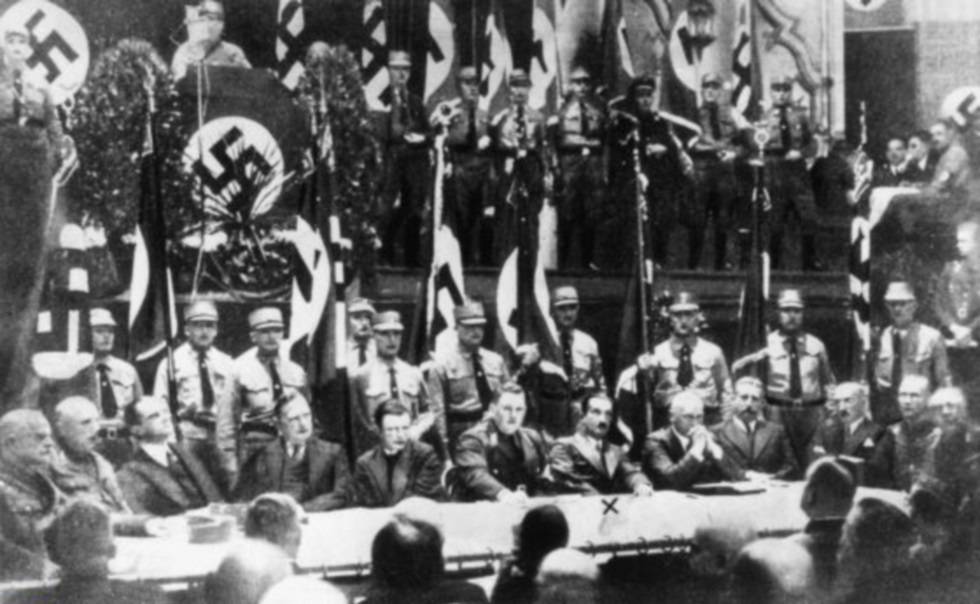«Ο κόσμος αλλάζει ραγδαία, δεν μπορώ να τον παρακολουθήσω· πράγματα που με σόκαραν χθες συνειδητοποιώ ότι δεν με σοκάρουν σήμερα με τον ίδιο τρόπο, αφού έχει προκύψει κάτι ακόμα πιο αδιανόητο.Βρισκόμαστε στο τελευταίο σκαλοπάτι πριν το φασισμό, ζώντας την πιο ακραία μορφή καπιταλισμού» Χρήστος Χαραλαμπίδης , Σκηνοθέτης
Εγγραφή σε:
Σχόλια ανάρτησης (Atom)
Φέλιξ Νούσμπαουμ:«Αν χαθώ, μην αφήσετε το έργο μου να σβήσει!»
Ο Φέλιξ Νούσμπαουμ ήταν Γερμανοεβραίος ζωγράφος, που καλλιτεχνικά εντάσσεται στα κινήματα της «Νέας Αντικειμενικότητας» και του σουρεαλι...

-
Χαραμοφάης (Με τον μαλάκα) ;Στίχοι: Γιάννης Μηλιώκας Μουσική: Franco Corliano Χαραμοφάης Με τον μαλάκα Γιάννης Μηλιώκας Έχω θυμό με...



Δεν υπάρχουν σχόλια:
Δημοσίευση σχολίου